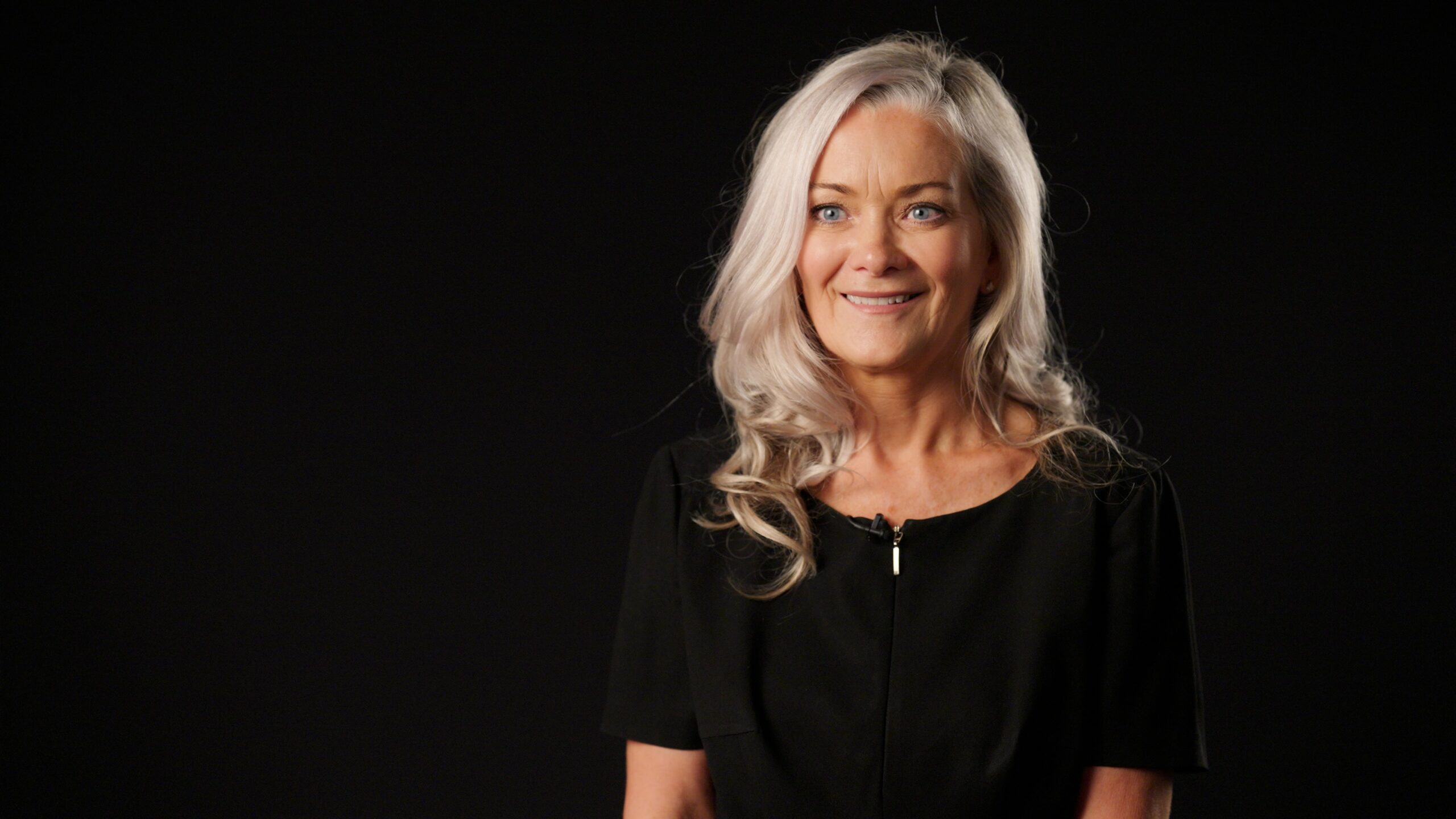23 October 2019
Planning for life and the loss of a younger partner
When Colin Bywater unexpectedly survived his wife, who was 20 years his junior, Steve Patterson from Teesside Money faced one of the most challenging cases of his career. He explains more.
When I first met Colin he was 83 and he’d already been through the mill. His wife, Leonora, had died suddenly from cancer and he had no way of paying the £230,000 debt on their home. He had already made several failed Equity Release applications, in the previous six months, and was close to losing his home. Emotions were high.
The couple married in 1994 and two years later Colin had designed and built their new home in Pontefract, West Yorkshire, using land and old buildings he had bought in his name, in 1992. The credit crunch and changes in taxation hit their property portfolio hard, so they decided to remortage their £1m home, in 2015. Because of Colin’s age, they remortgaged in Leonora’s name only, with a building society.
A deed of trust gave Colin a lifetime interest in his home and the right to inherit it, once his late wife’s estate was settled. However, when Leonora passed away, the estate could not be settled until the building society was paid in full, which Colin simply did not have. Without repayment, naturally the building society threatened repossession. Because the couple assumed Colin would die first, it was a situation they had not planned for.
To make matters worse, because the legal title was in Colin’s late wife’s name, the building society would deal only with the solicitors for the executor of her estate, which was Leonora’s daughter from a previous marriage. Although it’s there to protect us, data protection can be a devastating barrier.
While Colin sought a way to pay off the mortgage in full, he was forced to make repayments by passing money to his solicitors, who handed it to his stepdaughter’s law firm, which then paid the building society.
There were several other hurdles to overcome while trying to find a provider. The property had three kitchens and an annex, which gave rise to questions about occupancy and future use. There were also title issues concerning nearby properties, but Colin had designed and built the property and knew every detail about access rights.
Eventually and thankfully, Legal & General Home Finance said it would consider the case but the crux of the problem remained: L&G was willing to release funds to the building society but the building society stuck by its rules and refused to deal with anyone other than Colin’s stepdaughter’s solicitors.
It was a chicken and egg scenario, with two lenders and four solicitors unable to agree a way forward. I was on the phone almost daily with Colin, for three months, to try to resolve the situation. Eventually the parties reached a deal and the building society agreed to accept the funds from L&G’s solicitors. Resolution came after I explained, in no uncertain terms, that Colin would lose his home, if common sense did not prevail.
The lesson is not to make assumptions and always plan for the unexpected. Sometimes inheritance tax planning and trusts can come with huge implications and unforeseen barriers, when life flings a curveball. People should give very careful consideration before transferring legal titles. Life can move faster than financial advice and people need to be prepared for every eventuality, where possible. The best advice is to always seek independent advice
Couples with a large age gap should complete a review of whatever existing financial plans each spouse has in place. Had Leonora taken out life insurance, for example, the pay-out could have been used to clear the mortgage on her death.
Colin has a very sharp mind and is a good businessman. When he and Leonora made their plans, in 2015, they would have made sense at the time. This case was a rollercoaster at times but eventually we got the right result and Colin is secure and happy in his home.
Image: Steve Paterson from Teesside Money



